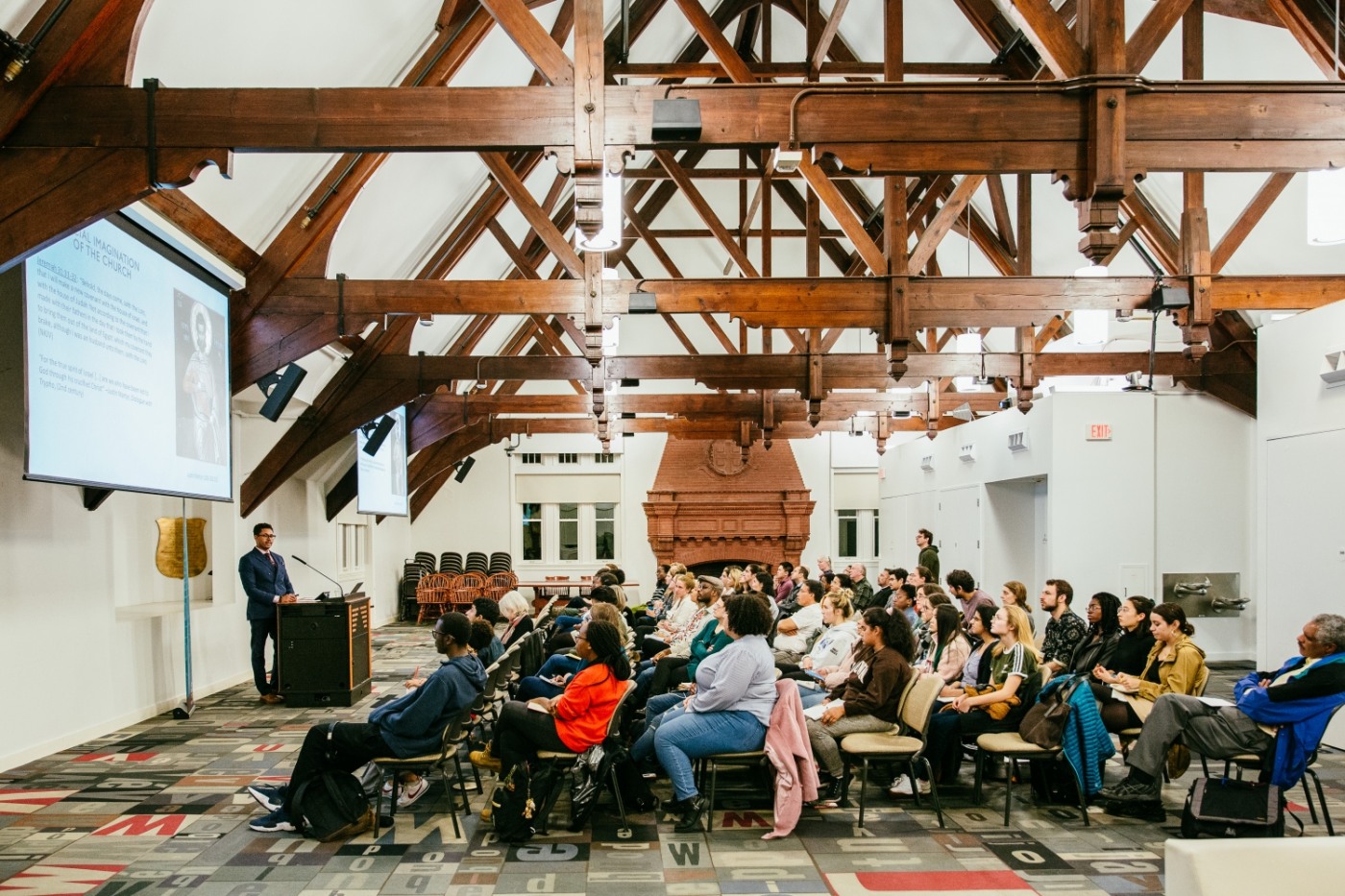
Cluster participant Professor Aubert, Visiting Professor of the Practice of Race and Ethnicity with dual appointments at the Center for the Study of Race and Ethnicity in America (CSREA) and The School of Public Health, explains the research cluster’s profound mission. “Part of what the group focuses on is trying to really root out this idea of race being thought of as a biological variable as opposed to representing some complex social and economic dynamics of the experience of different people in the United States and across the world.”
The research cluster, led by Professor of Medical Studies and Africana Studies Lundy Braun, has been meeting for more than three years now. In its time, the cluster has explored many sites of racism in medicine, including mental health for the under-insured, black women’s maternity care, and algorithmic-based racism in health systems.
For researchers like Professor Aubert, the research cluster provides a much-needed space to bring together thinkers of different pedagogical backgrounds and conduct the interdisciplinary study required to understand phenomena like racism in medicine. For example, thanks to his work with national survey and clinical data, Professor Aubert was able to support Professor Braun in a study that sought to challenge the legitimacy of the idea that biological differences related to race contribute to differences in renal function. “When you take those social variables into account, race really contributes very little to explaining differences in renal function between people,” Professor Aubert concludes. “That really supports the idea of race being a surrogate for a collection of things that reflect more the social and economic experience of certain people.”
In the years to come, Professor Aubert hopes that the Race, Medicine, and Social Justice Research Cluster serves as an effective space in training the next generation of public health researchers. “One of the things that I hope to do is to connect some of these efforts and re-think about how we talk about race in Public Health research. There does not appear to be much thinking or training about why we consider race as a variable when modeling a variety of factors and their relationship to outcomes. But we tend to always include race as a variable without an explanation. Working groups like the CSSJ's Race, Medicine, and Social Justice Research Cluster that bring together faculty from the humanities and the medical sciences are seeking to change that.